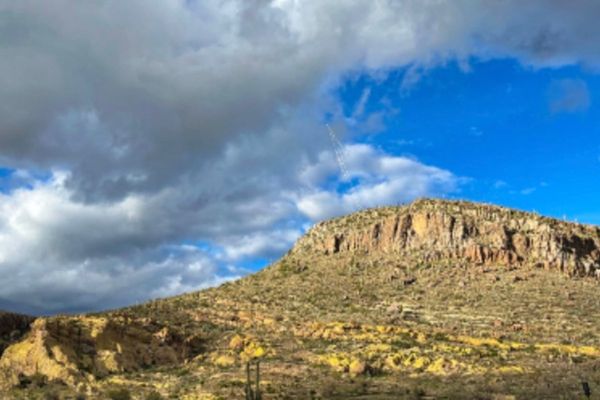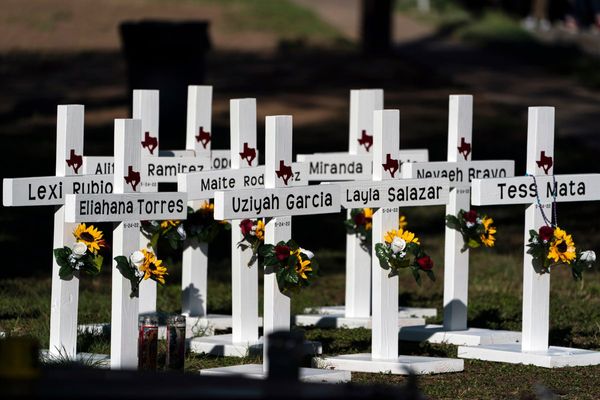Vice-President Jagdeep Dhankhar said on Sunday that the supremacy of Parliament as the sole architect of the Constitution is unquestionable. While addressing an event organised to celebrate the 74th Constitution Day, he further quoted Dr. B.R. Ambedkar to insist that the Constitution was meant to not just define the organs of the State but to also define the limits to their powers.
He added that “any incursion in the exclusive domain of the Parliament will be Constitutional aberration, apart from being antithetical to democratic essence and values.”
Mr. Dhankhar’s remarks came as he spoke at a Law Ministry event at Vigyan Bhawan in New Delhi to celebrate Constitution Day – the day the Constituent Assembly adopted the Constitution of India in 1949. These comments come even as the current Union government has publicly taken issue with the running of the higher judiciary – specifically the appointment of judges through the Collegium system.
The Vice-President also underlined the supremacy of Parliament in India’s Constitutional structure and called it the “soul of democracy”. He stressed that it was the Constituent Assembly representing all sections of society in India that drafted the Constitution in the first place, further saying, “Supremacy of Parliament as the sole architect of the Constitution is unquestionable”.
He said, “The Executive survives only if it has strength in the Parliament. I don’t want to be a loudmouth; but the other institution also survives only when it is sanctified by Parliament.”
Mr. Dhankhar also went on to acknowledge that it was only natural for the three institutions to have differences in opinions, but called for a mechanism to resolve these “without having to bring them in the public domain” – saying he intended to be working on such a system.
During his address, the Vice-President also credited the “wisdom of Prime Minister Narendra Modi” and the “sagacious approach of Home Minister Amit Shah” for the Union government’s move on Article 370, which was in a surprise move read down on August 5, 2019, to strip the special rights granted to the state of Jammu and Kashmir.
He said in his remarks, “Article 370 was the only article of the Indian Constitution not drafted by the drafting committee; all other articles were drafted, and Dr. Ambedkar declined to draft it. Look at how this article of the Constitution made the lives of the people of Jammu and Kashmir hellish. We are grateful for the wisdom of the Prime Minister Shri Narendra Modi and the sagacious approach of the Union Minister Amit Shah, that this article is no longer in our constitution. In a sense, it is a tribute to Dr. Ambedkar that what he did not approve has been honoured by the Indian Parliament through the vision of the Prime Minister.”
Throughout the event, several speakers like Solicitor-General of India Tushar Mehta and Law Minister Arjun Ram Meghwal stressed on the role played by the entire Constituent Assembly in drafting the Constitution and all members of different committees – with special reference to the role played by Sardar Vallabhbhai Patel in ensuring princely states also participated in the process.
During his remarks on Article 370, the Vice-President also mentioned Mr. Patel’s role in dealing with the Princely States, adding that he was not allowed to deal with Jammu and Kashmir similarly. “The history of this country would have been totally different if Sardar Patel had also been entrusted with the task of integration of state of Jammu and Kashmir. The nation has paid a great price for it. Thankfully, we are back on the rails,” he said.
In addition to Mr. Dhankhar, the Law Minister and the Solicitor-General of India, the event in New Delhi also saw National Human Right Commission Chairperson Justice Arun Kumar Mishra, former Supreme Court judges Justice Indira Banerjee, and Justice Ritu Raj Awasthi, Chair of the Law Commission of India make speeches on the occasion. Ms. Banerjee spoke of the importance of the Constitutional principles “summarised beautifully” in the Preamble to the document, also mentioning the importance of fundamental duties of citizens in addition to their fundamental rights.
At the end of his remarks, the Vice-President and Chairman of Rajya Sabha, also made an appeal to all MPs and legislators in State bodies to “weaponise dialogue and debate as a political strategy” rather than the current trend of “weaponising violence and disruption for political strategy to make the House dysfunctional.
Mr. Dhankhar, during his address, also appreciated India’s stint as the host of the G20 meetings, saying that the entire event was the “most impeccable event seen in the world” with “no fault lines anywhere”. He also spoke of the resilience of the Constitution of India, saying that it had survived the Emergency of 1975 – which he called the “darkest period of post-Independence India” – adding, “Such a misadventure cannot even be thought of in the present times”.
He also recalled that Dr. Ambedkar was conferred with the Bharat Ratna during his own career in politics, and said, “But we must reflect why it took so much time after Independence. I’ll leave it at that.”







